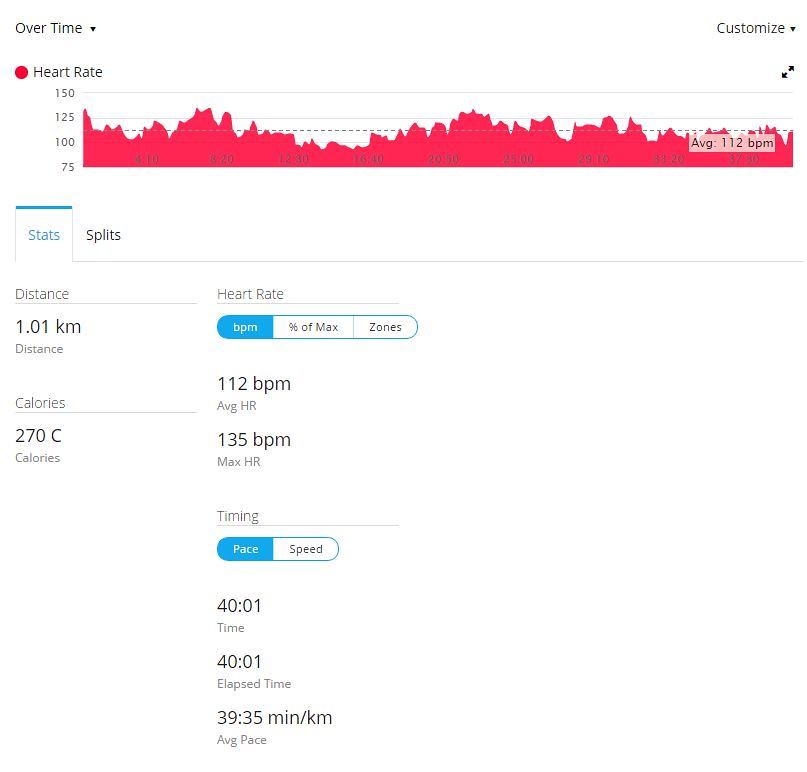almost_hectic;n859807 said:
Well a few folks in here seemed to suggest rehab might be pushing me too hard possibly? And the fast morning pulse was an indicator of recovering from that
its possible
so far you have not answered any of my questions like:
what was your fitness before
are you doing your daily walking (and how far)
what is your general physical state like
so its impossible knowing nothing about tyou to know if you are being pushed too hard in rehab. We are all different.
I trained (even if it was at first just walking round my block) daily ... it took a few months before I was even remotely (read that again) like what I was before surgery.
It took 2 years of dedicated consistent hard work for me to get back to cross country skiing again.
Don't over train, but don't fail to push ... it seems contradictory but it can only be learned by you, it can't be taught. Its like playing piano.
If you've never trained before (as part of your lifestyle) then this will be a learning curve.
However don't be surprised if slow and gentle (which is the best way to increase your exersize levels) approach takes you at least a year to be back where you were.
Think of how serious an injury you've had ... its only that its all done surgically that you're not actually dead ... its a MASSIVE shock to your body and takes time to recover from it.
Listen to the people doing your rehab, they will know your situation better than anyone in here will (including me).
PS: get a vivofit or fitbit, use it every day to check
set modest attainable targets
attain them then exceed them
get a HR monitor (the Garmin vivofit takes one) and wear that on your walks.
Examine the charts
see the gradual changes over time ...
its like kids, you can't see the daily changes, but when family visit they say "wow, hasn't she grown since last month"
Like the Nike ad says ... Just do it




